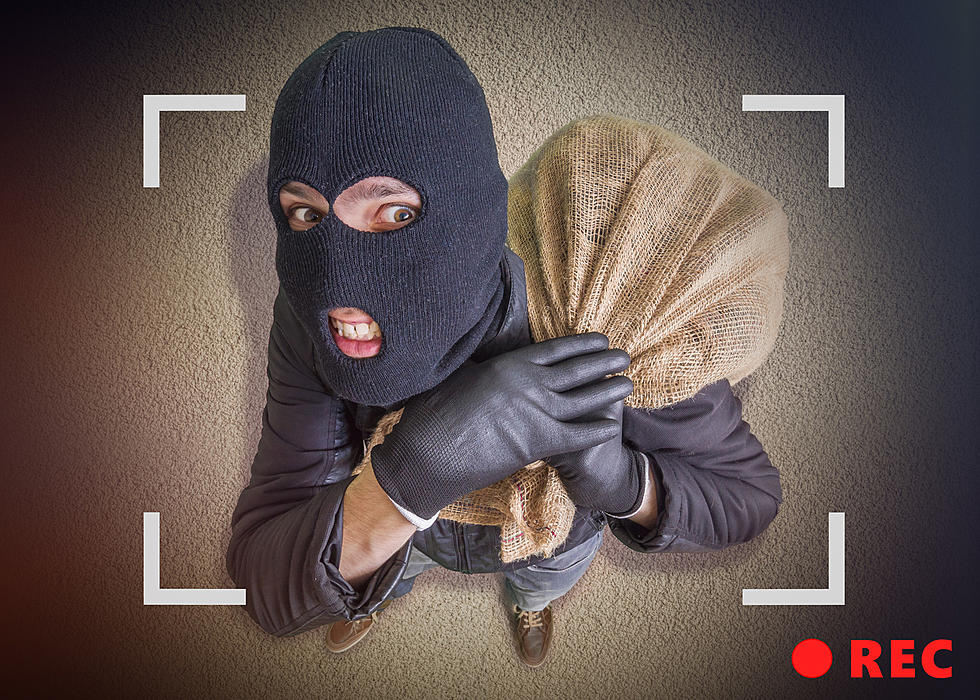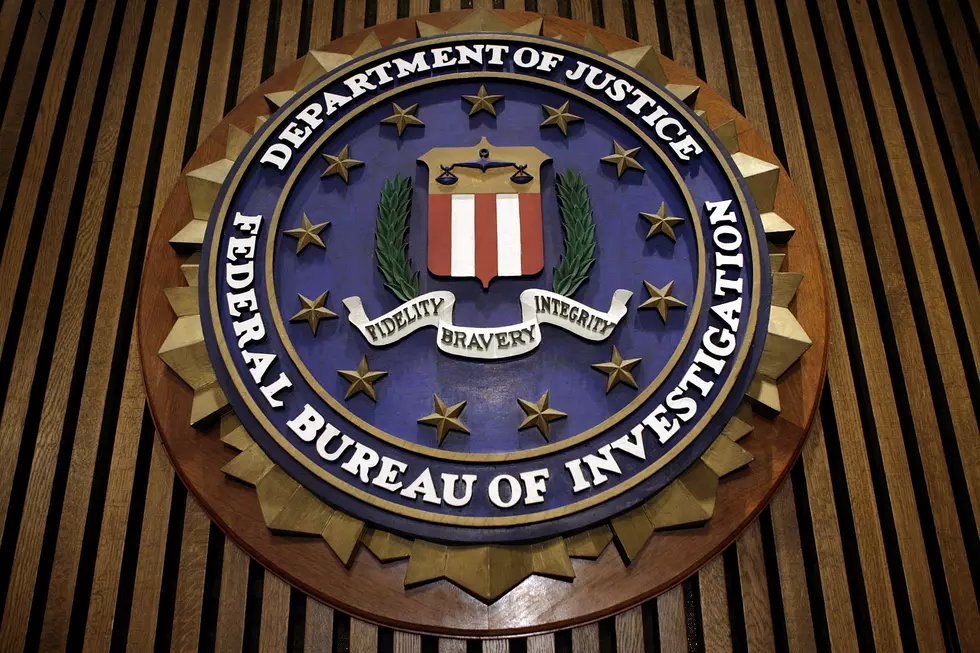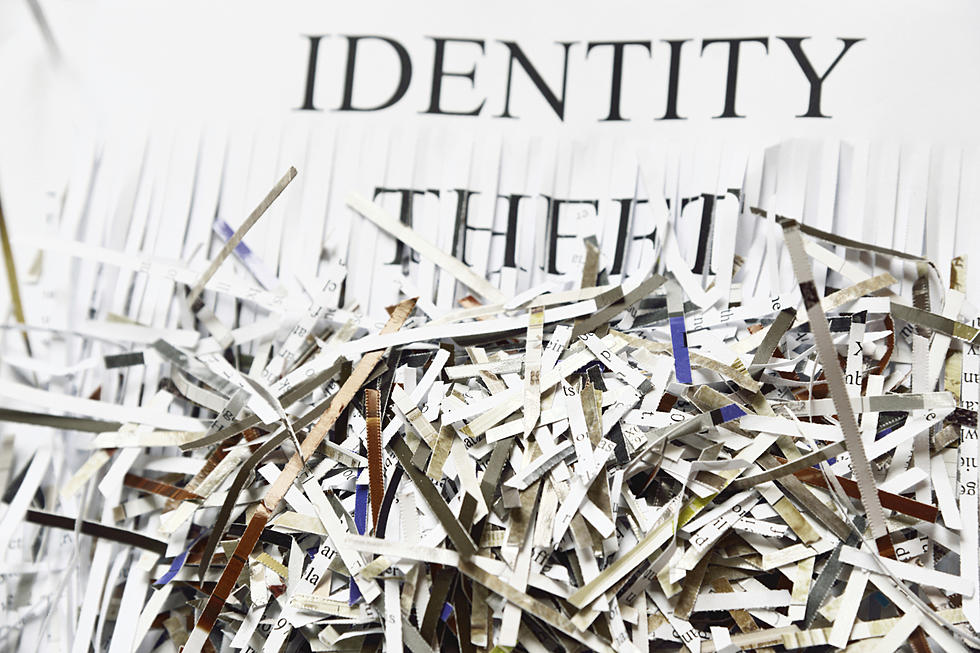
Are You Doing These Things To Prevent Identity Theft?
Imagine everything you have worked for all your life, whether your 21 or way past 21, being gone in an instant. It can happen if you are not careful with your personal information.
This is the one time is really pays to be sensitive about something; be sensitive about your sensitive information.
The Better Business Bureau of Acadiana says with just a little personal information, someone can steal your identity, and they can drain your accounts today and into the future.
The BBB reports they received a report from a local man who says multiple sensitive documents were taken when his car was broken into.
Taken were the title to his car, his birth certificate and his Social Security card.
So, how can you protect yourself from identity theft? Here are some tips from the Better Business Bureau of Acadiana:
Keep important documents locked in a fire-proof box or safe or a safe deposit box at your local bank. These could include Social Security card, birth certificates, property deeds, medical records, tax returns and canceled checks for major purchases like vehicles, home improvements/additions and appliances.
Be careful about sharing your Social Security number. Never give it to anyone over the phone and remember that government agencies already have this information. Don’t carry a Social Security card with you on a daily basis or leave it in your vehicle.
Mailbox:Place outgoing mail in a secure mailbox. If you do not have a locked mailbox, pick up incoming mail as soon as possible.
Shred Documents:Avoid storing documents that contain personal information you no longer need. These include credit card applications, insurance forms, financial statements, health forms, and other billing statements. Shred all unnecessary documents that contain personal information; garbage cans are goldmines for identity thieves.
Receipts and Bank Statements:Monitor bank and credit card statements for fraudulent activity. Know what dates your bills arrive. Late or missing bills can indicate your information has been compromised.
Credit and Debit Cards:Do not carry more than needed. Cut up expired credit and debit cards. Report lost, missing and stolen cards to the issuer immediately.
Online Security:A few quick steps can keep your information safe when surfing the Web: Enter information only on secured websites that have “https” in the address. The “s” lets you know it is a secure site. Do not respond to unsolicited emails or center information on unknown sites. Use your credit card, you can dispute fraudulent charges with the issuer.
Want more information? You can find it by clicking "here".
More From News Talk 96.5 KPEL









